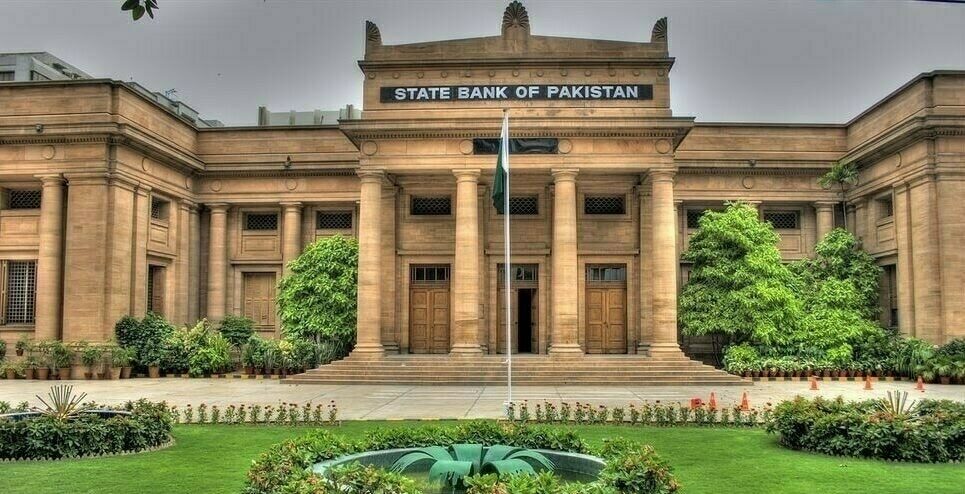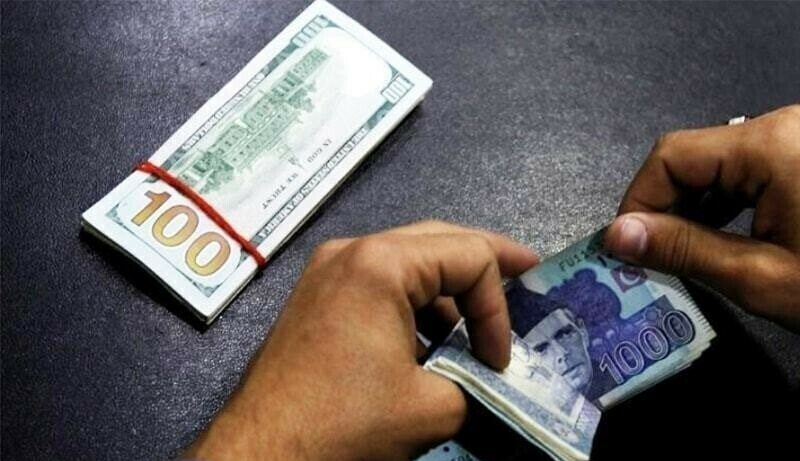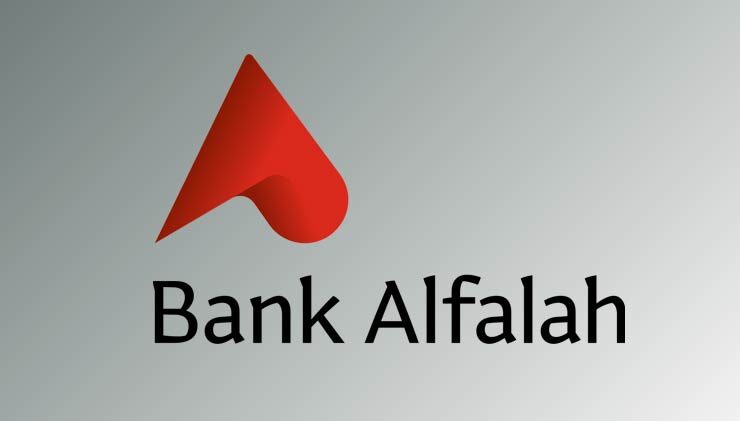KARACHI, December 20 2024: The State Bank of Pakistan (SBP) has unveiled its first Quarterly Payment Systems Review for FY25, spotlighting the nation’s progress in adopting digital payments and building a cashless economy. The report, covering July to September 2024, underscores a remarkable surge in digital transactions, infrastructure development, and a declining reliance on cash-based systems.
Retail payments grew by 8% in volume, reaching 1,951 million transactions worth PKR 136 trillion. Digital channels accounted for 87% of these payments, showcasing growing public trust in electronic transactions. Mobile banking led the way, with 1,301 million transactions totaling PKR 19 trillion—an 11% increase in volume and 14% in value compared to the previous quarter. Mobile banking app users also rose by 4%, reaching 96.5 million.
E-commerce experienced robust growth, with online payments increasing by 29%. A significant 91% of the 118 million e-commerce payments were completed using digital wallets, indicating a shift from traditional card-based systems. The Point-of-Sale (POS) network expanded to 132,224 terminals, enabling 83 million transactions worth PKR 429 billion. The ATM network also grew to 19,170 units, facilitating 243 million transactions amounting to PKR 3.9 trillion.
Branchless banking agents played a crucial role in financial inclusion, particularly in rural areas. These agents processed 28 million bill payments and mobile top-ups and facilitated 75 million cash deposit and withdrawal transactions. Retail merchants embracing digital payment systems increased by 16%, driven by innovative tools like mobile wallets and QR codes.
Raast, Pakistan’s instant payment system, further bolstered financial efficiency, processing 197 million transactions worth PKR 4.7 trillion. The collaboration between banks, fintechs, and payment service providers continues to strengthen the nation’s financial ecosystem, fostering trust and innovation.
The SBP reaffirmed its commitment to a digitally inclusive future, emphasizing that the progress made during Q1 FY25 reflects the country’s readiness to embrace a fully digital economy while ensuring financial services are accessible, efficient, and reliable for all.



























































































































































































































































































